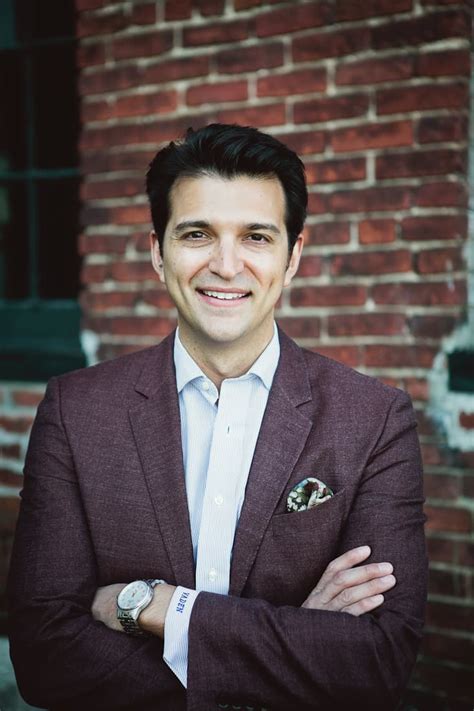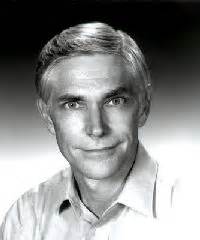A Quote by Anna Maria Chavez
What gets posted online is not short term, and is open for easy misinterpretation. Messages and pictures spread faster through the Internet than they ever could by word of mouth.
Related Quotes
Considering that "literary fiction" is a sub-genre that's not quite the same as "literature," either, it follows that the short, semi-humorous bits posted online for all to see are something absolutely other, uniquely themselves compared to canonical short stories, for example, and so it'd probably be best to call it something other than "online lit" since I honestly think very little of it can compare to so-called "literature."
Emotions are far more contagious than any disease. A smile or a panic will spread through a group of people far faster than any virus ever could. When you walk into the office or a negotiation, then, wash your bad mood away before you see us. Don't cough on us, don't sneeze on us, sure, but don't bring your grouchiness, your skepticism or your fear in here either. It might spread.
Allegedly Jesus went through the town and spread the word and the word was God. You know what I mean? And Sean Price... Jesus Price... is going through the hood spreading the word and the word is good hip-hop. That's where it started. There ain't no pictures in there with nails on a cross, I ain't walking no water, I ain't turning water to wine, none of that crazy s**t.
The most self-disciplined people in the world aren't born with it, but at one point they start to think differently about self discipline. Easy, short-term choices lead to different long-term consequences. Difficult short-term choices lead to easy long-term consequences. What we thought was the easy way led to a much more difficult life. I think that motivation is sort of like a unicorn that people chance like a magic pill that will make them suddenly want to work hard. It's not out there.
It used to be that I could talk to someone in Texas and nobody would hear about it. Now, the moment I open my mouth it's all over the world. The second I say something, guys in Germany know about it. It's basically a wonderful thing because more information is spread, but you have to keep your mouth shut.
The most important thing that a company can do in the midst of this economic turmoil is to not lose sight of the long-term perspective. Don't confuse the short-term crises with the long-term trends. Amidst all of these short-term change are some fundamental structural transformations happening in the economy, and the best way to stay in business is to not allow the short-term distractions to cause you to ignore what is happening in the long term.









































